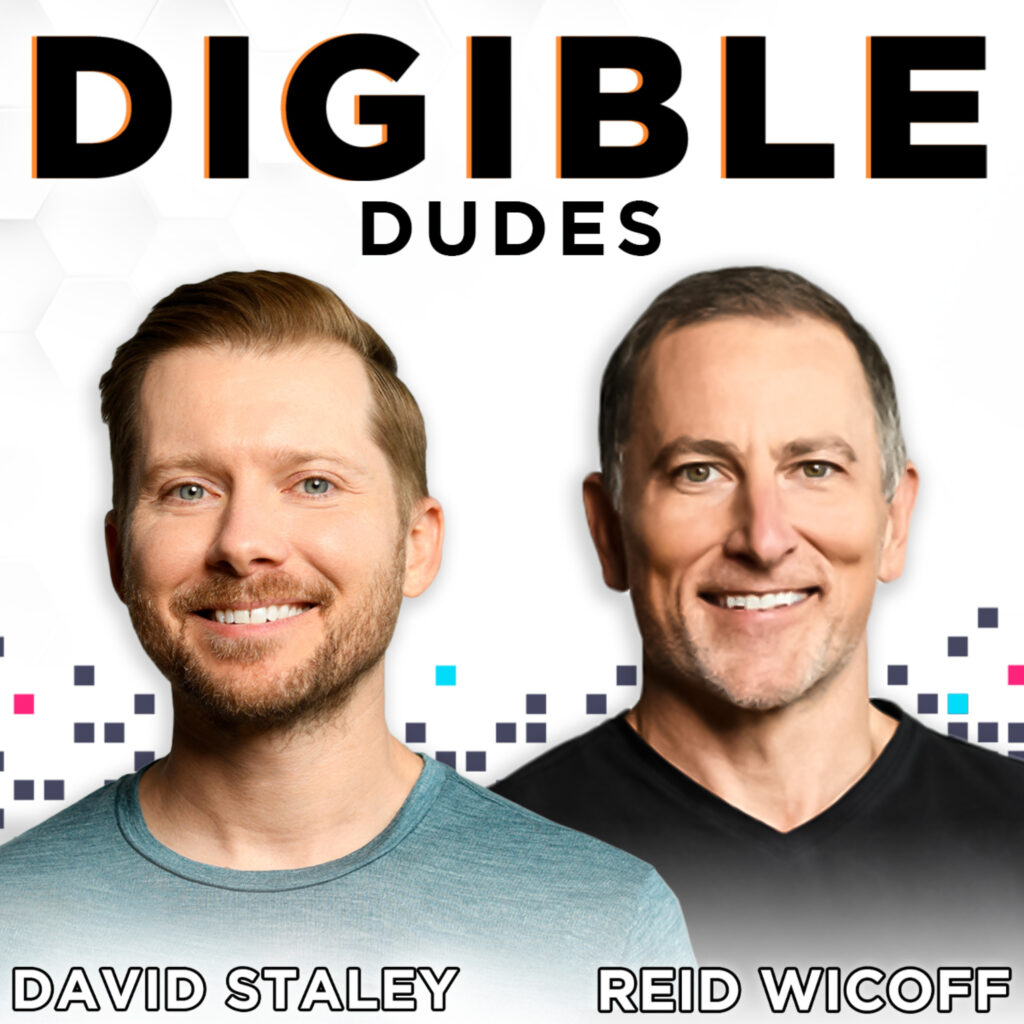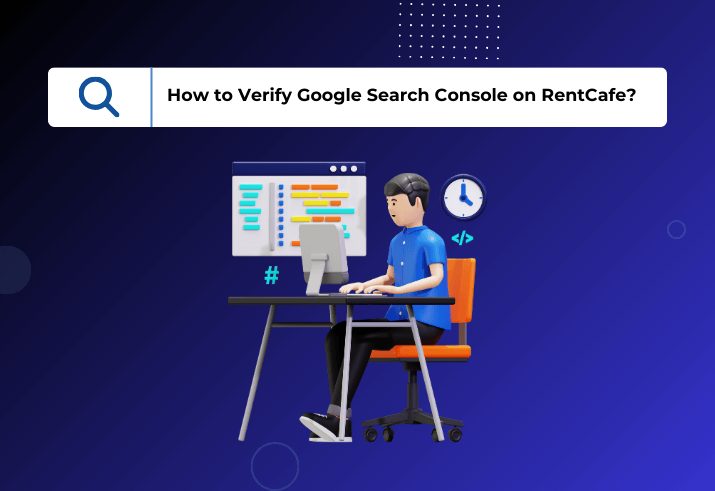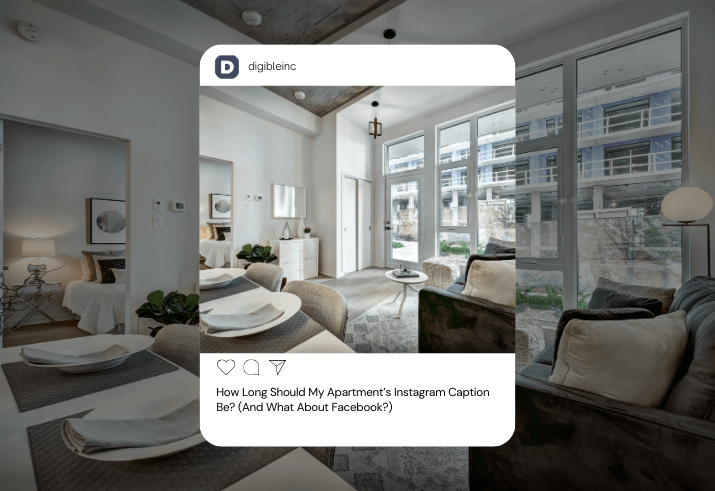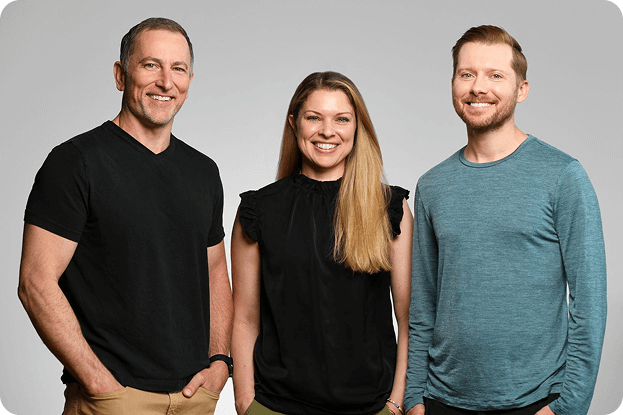
Updated July 2023
As marketers, we love our acronyms. Especially when it comes to Search Engine Optimization. At times, SEO lingo can sound like a foreign language. But don’t worry, we’ve got a DuoLingo-esque guide to key SEO terms for multifamily marketers to get a better understanding of SEO, data storytelling, and key performance indicators. Ready to rank? Let’s go.
Search Engine Bots
Search engine bots are also known as crawlers or spiders. These bots are what crawl your site’s content and place the content it finds into the search engine’s index. Bots can also crawl your site at certain frequencies like weekly, monthly, and based on how your web developer has set up your sitemap. Sometimes, you’ll need to watch for inflated spam traffic, which can be misinterpreted as bot traffic. These bots are crawlers with IP addresses (often from other countries) that consistently hit web pages — often times reloading 100 times per minute. Google automatically finds this traffic to be spam so it will not cause data-pulling issues in most cases. This is not a common issue, and regular crawlers do not affect site traffic with their routine pulls.
Backlinks
This can also be referred to as “inbound links” which is when another website links to your website. An example of a backlink is any article you find that links to another credible source or website. You can find examples of website backlinks all over the internet, especially on popular blog sites that link back to relevant content, which can help boost your rankings.
Branded Searches vs. Non-Branded Searches
The difference between branded and non-branded search is that a branded search contains your property name, or brand whereas a non-branded search doesn’t.
Branded Search Example: The Lofts Apartments Denver, CO
Non-Branded Search Example: Apartments in Denver
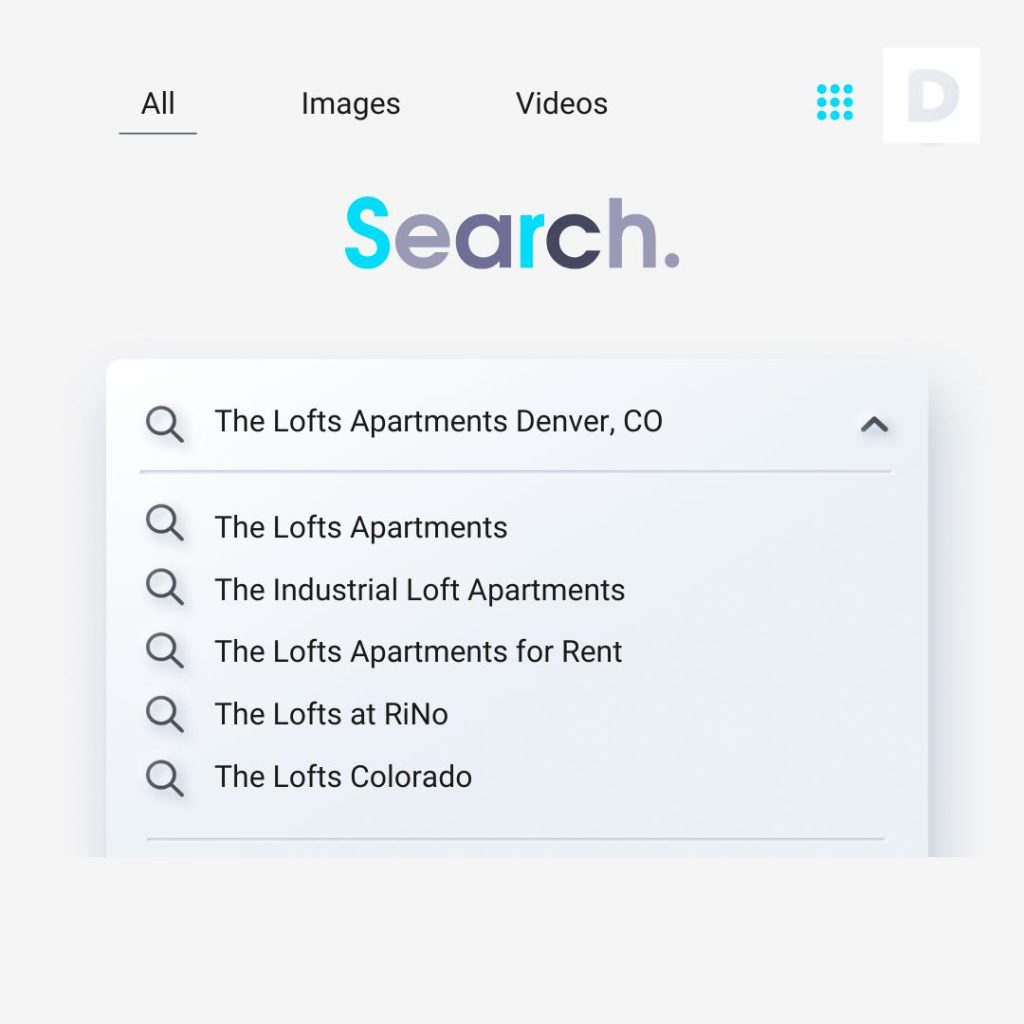
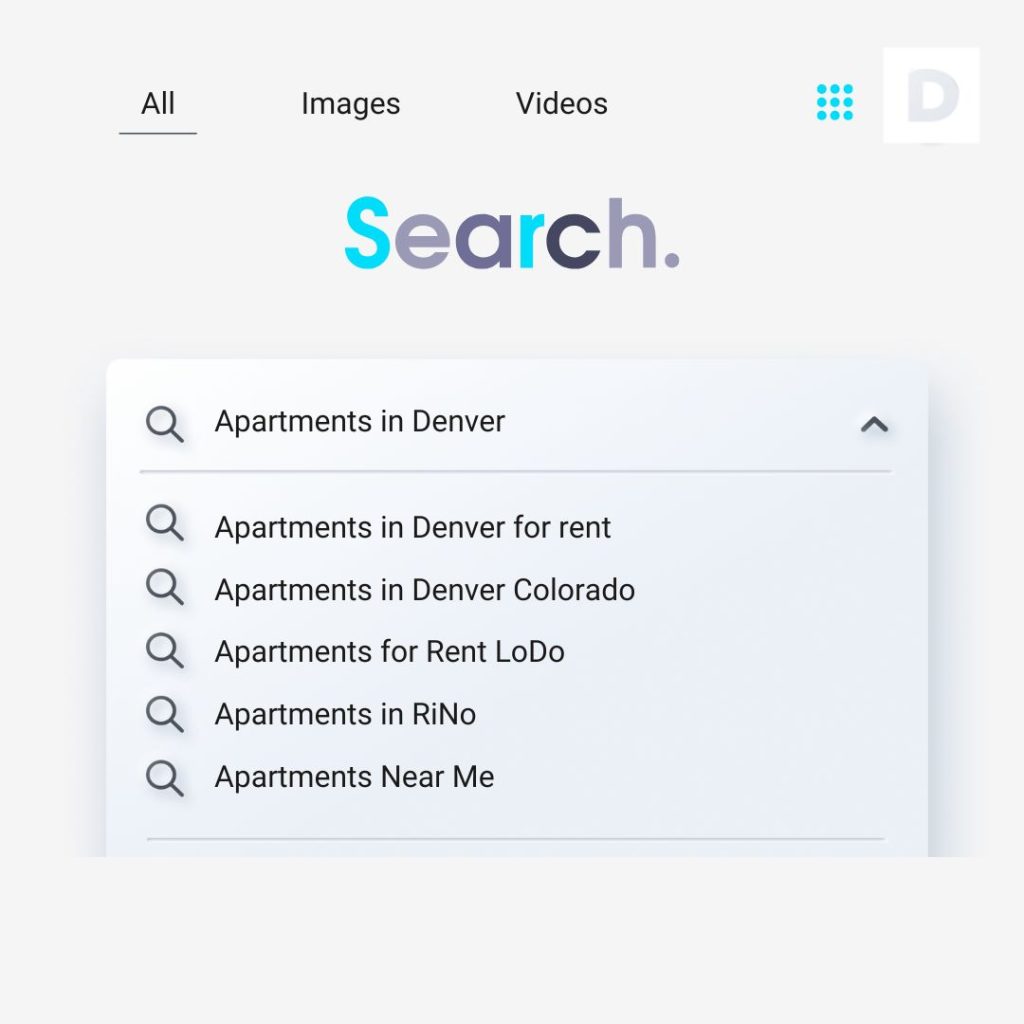
Citations
Citations help searchers find local businesses and can impact local search ranks. Citations are most commonly what listing management providers handle. Some prime examples of citations include Apple Maps, Bing, Yelp, Facebook, ILS, such as Zillow, Apartments.com, and ApartmentGuide.
Crawling
This is the process of search engine bots finding your website pages, going through the content of your website, and discovering any new or updated pages that might need to be added to the search engine index. This is usually something that happens weekly or bi-weekly depending on your site directives in the code.
GBP (Google Business Profile)
This is a free service provided by Google to boost your local visibility in the SERPs and on Google Maps. You can also add information about your business to this listing’s “Info” page like your business’s website, phone number, address, hours, review, FAQs, and answers, along with Google Posts, such as showcasing property photos and amenities.
Google Posts
A feature within GBP allows businesses to create content directly within the SERPs. Users can find Google Posts at the bottom of their business knowledge panel. Google posts can also decipher between stock images and authentic content, so the best practice is to use real photos of your property and get on Google’s good side.
Google Posts have four different post options: What’s New, Event, Offer, and Product.
- What’s New Google Posts are live for 7 days, while the other post options’ time range varies based on the date range selected.
- Wondering about Google posts and how often you should post? We’ve got you covered here.
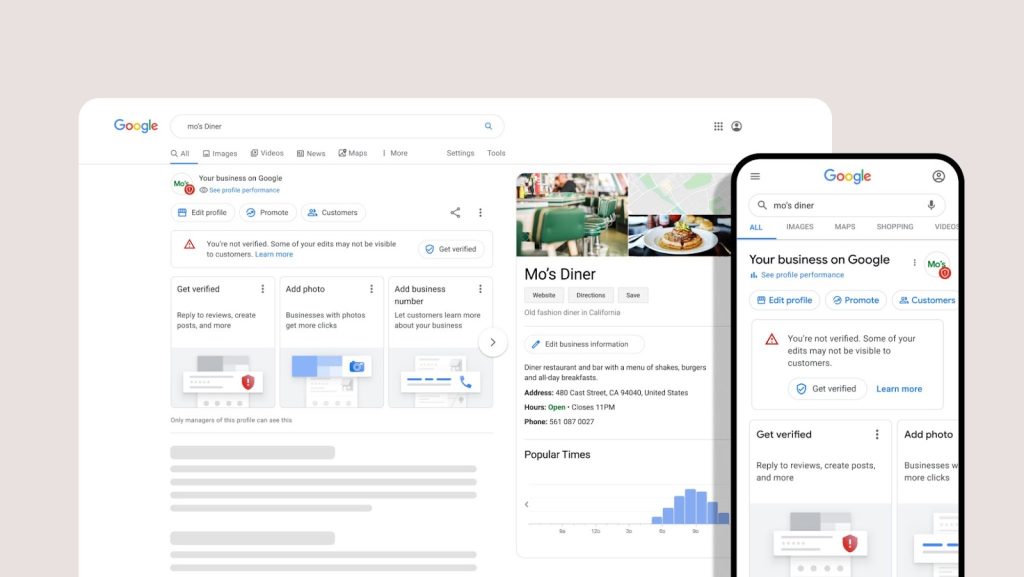
Google Products
A feature within GBP that allows businesses to display their products, such as property floor plans, directly within the SERPs. Users can find these products in the business’ knowledge panel. These products are up indefinitely until you go in and manually change them or take them down.
Image Alt Tags
Google can’t see pictures, so image alt tags can provide Google bots better context/descriptions for the images on the site so the search engine crawlers can index the images properly. These also help users on your website visually impaired better understand the images on your site when using screen readers.
Indexing
The process of organizing and storing the content that was found on the website when it was crawled by bots.
Knowledge Panel
This panel shows up in the SERPs for branded queries/searches and displays information about a business. The knowledge panel shows information about a local business such as the business name, address, phone number, hours, website, location, reviews, directions, and more.

Local SEO
The practice of increasing search visibility for brick-and-mortar local businesses.
Local Citations
Any online mention of the name, address, and phone number of a local business. Examples of local citations include Facebook, Yelp, ILS, etc.
Long-Tail Queries
These are queries that are typically three and four-keyword phrases that are very specific to what the user is searching for.
For example, Dog-friendly apartments in downtown Denver
Meta Descriptions
This is the snippet that is displayed in the SERPs under the meta title that essentially summarizes that page’s content and purpose for searchers. This snippet can be 155-160 characters max.

Meta Titles
This is the title and/or name of a website’s page. This helps search engines understand the context of the page. This is the clickable title and/or name of a website’s page that is displayed within the SERPs. Typically you can have a maximum of 50-55 characters for meta titles, anything over that will get truncated in the SERPs.
- The best practice for meta titles would be to include what the page is about, the property’s name, the term “apartments”, and the city if it can fit under the character limit.
- Example: Sitemap | The Lofts Apartments in Denver
NAP (Name Address Phone)
It is important that your property name, address, and phone number are consistent and accurate across all citations, as this is an essential factor for improving a site’s rank in the SERPs.
Redirects
This is when a website sends users and search engines to a different URL on the same domain from the one that the user or search engine requested. These are often used to redirect broken pages to live pages to create a better user experience. (Most common redirects include 301 and 302)
Reputation Management
The practice of engaging with customers and future residents off-site via social media, paid ads, and Google reviews. And we get it. Resident reviews can be mean. Ask us how we can monitor your reputation.
SERPs (Search Engine Results Page)
This stands for the “search engine results page”. It is the page you receive after searching for something in the search box via Google, Bing, Yahoo, etc.
Sitemap.xml
This is an XML document containing a list of pages on your website that tells Google and other search engines what you want to be indexed. Sitemaps help make it easier for Google to find your site’s pages. You can use free tools or work with web developers to build a sitemap and submit them directly to Google via Google Search Console for the most efficient crawling and indexing.
Query (Search)
What users type into the search bar.
SEO Glossary in a Nutshell
Phew! Now that included quite a few definitions and to be honest, we’ve barely even scratched the surface of all SEO lingo. But that’s a rabbit hole we’ll go down another day. Hopefully, now you feel refreshed and educated on your SEO vocabulary.
Wanna dive even deeper into the world of SEO? Hit us up!




